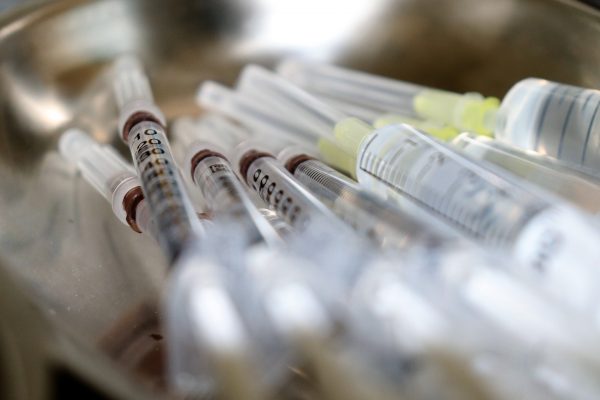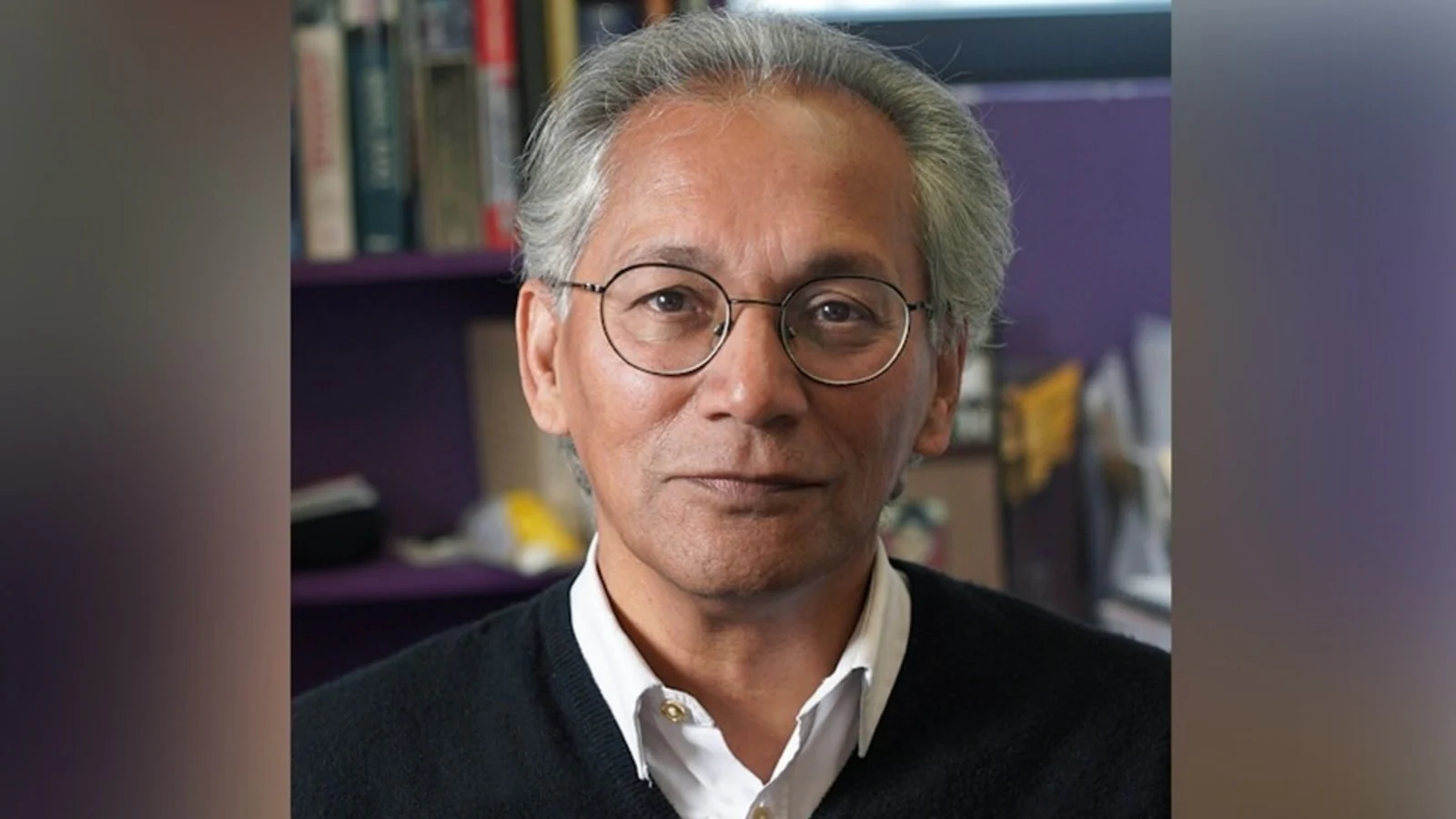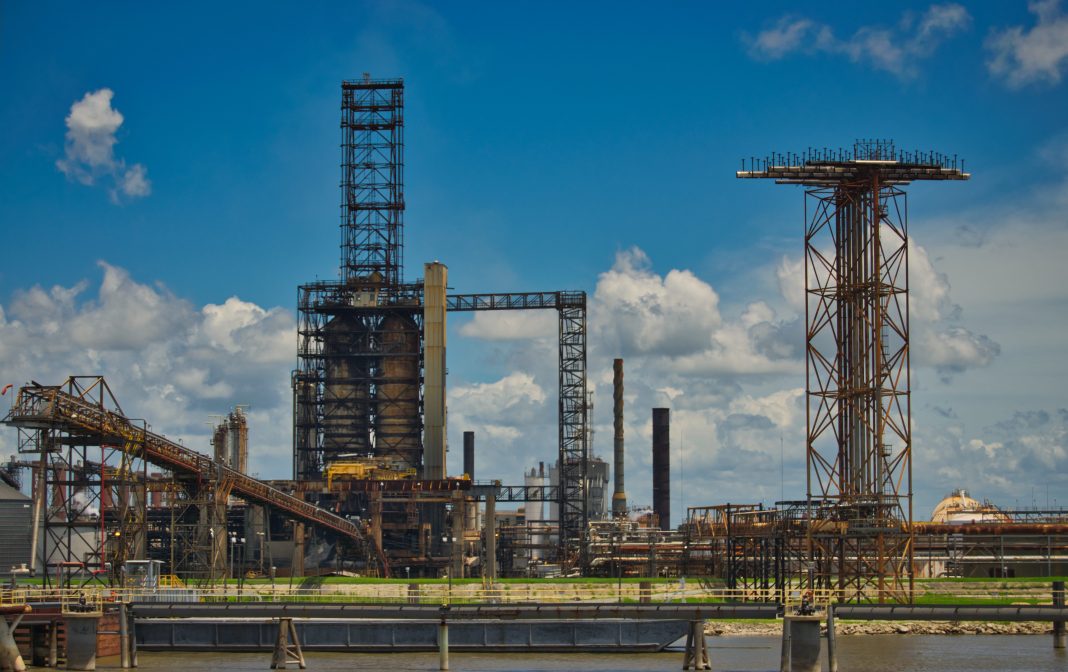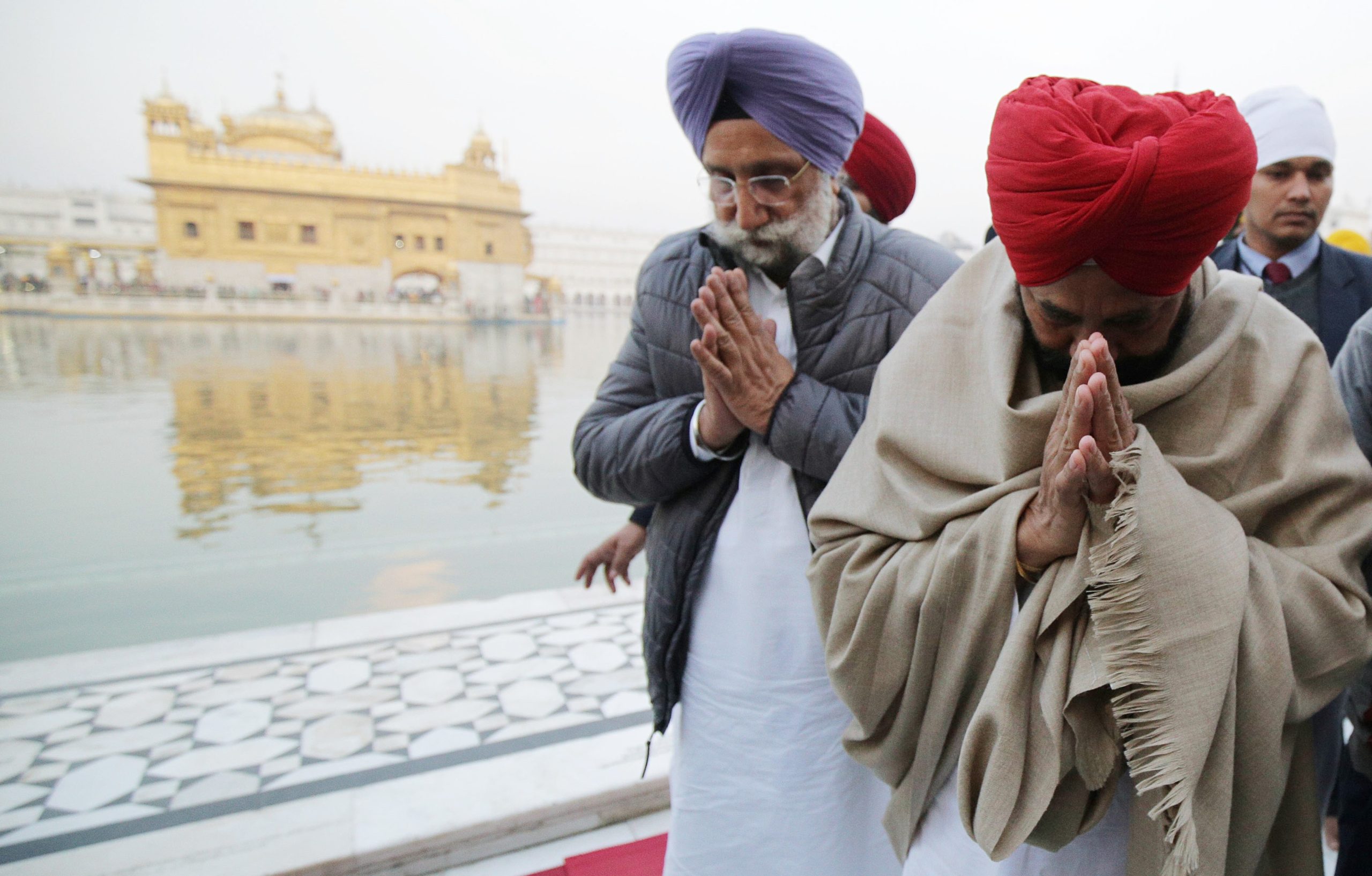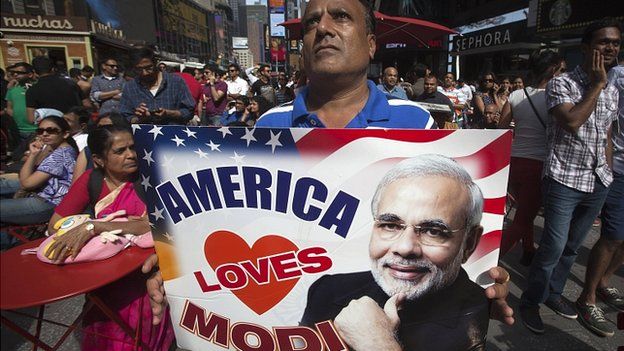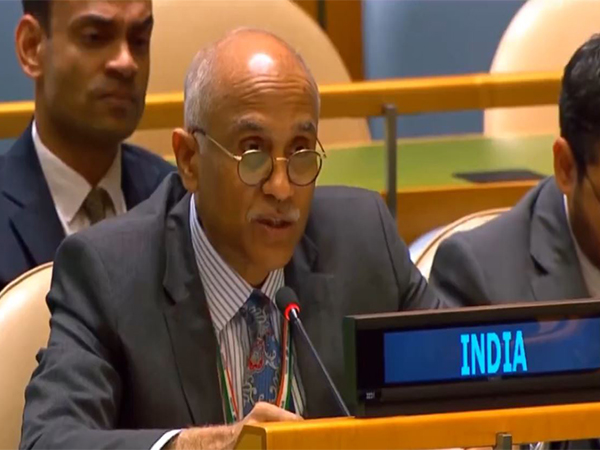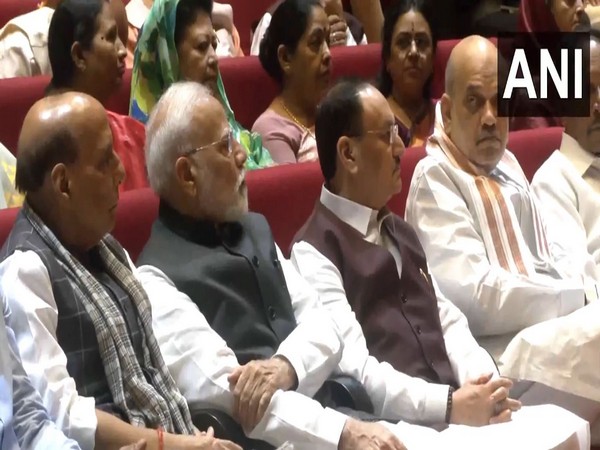While logistical bottlenecks and the urgent approval remain the main concerns in India, there is widespread disappointment over a slow vaccine administration in the United States.
India conducted two dry vaccine runs across various states and is preparing for its massive vaccination drive on January 16 as Serum Institute of India received a delayed final go-ahead from the government today.
The government has emergency-approved two Covid-19 vaccines, Oxford-AstraZeneca’s Covishield, manufactured by Pune-based Serum Institute of India, and Hyderabad-based Bharat Biotech’s Covaxin.
According to a government statement, nearly 30 million health care and frontline workers will be given priority in the vaccination drive.
Prime Minister Narendra Modi is holding a virtual meeting with the chief ministers of all states and union territories today to review the Covid-19 situation ahead of the vaccine rollout. This is Modi’s first interaction with the chief minister since India’s drug regulators authorized the vaccine for emergency use, and 10th meeting about the coronavirus. Chief ministers have expressed several concerns including about the homegrown Covaxin. Some states have said they would not want Covaxin distributed in their states, according to an update from Times Now news channel.
6:30 am ET, Monday: In his address, Modi said India has put its efforts to seen the coronavirus only based on the scientific community advice. Modi said the Indian vaccine offers the advantage of being far more cost-effective than ones developed abroad.
There was criticism over government agencies’ attempts in the summer to rush the indigenous invention of a vaccine by August 15, India’s Independence Day.
Logistical concerns such as access to cold chains have always been a pain point in India, and are in sharp focus this week.
The media and experts have raised alarm about the death of a 42-year-old man from Bhopal, Madhya Pradesh, after he took part in the trial of indigenous vaccine Covaxin on December 12. He died nine days later. While doctors suspect the cause of death to be vaccine-related poisoning, Bharath Biotech said in a statement that “preliminary reviews” indicate that the death was unrelated to the vaccine trial.
Bharath Biotech said: “The volunteer passed away nine days after the dosing and preliminary reviews by the site indicate that the death is unrelated to the study dosing. We cannot confirm if the volunteer received the study vaccine or a placebo as the study is blinded.”
India’s decision to approve Covaxin has attracted severe criticism and suspicion. Despite all odds and skepticism, the country is paving the way for a massive inoculation drive. The Indian government will use an integrated app named Covid Vaccine Intelligence Network (Co-WIN) for administering the nationwide vaccine drive.
In one of the world’s biggest vaccine rollouts, India aims to administer the vaccine to 300 million people by July. While India prepares to start its massive vaccination drive, the United States vaccine rollout is already underway.
Meanwhile, the United States’ aim of vaccinating 20 million people by the end of 2020 didn’t pan out well. The vaccine Covid-19 vaccine rollout has been sluggish and after almost four weeks since the rollout began, only about six million people have received a shot, the US Centers for Disease Control and Prevention said.
The 21 million healthcare workers as well as the three million elderly Americans living in long-term care homes are on top of the priority list. Pfizer and Moderna vaccines are the two vaccines that have been approved and administered in the United States.
















